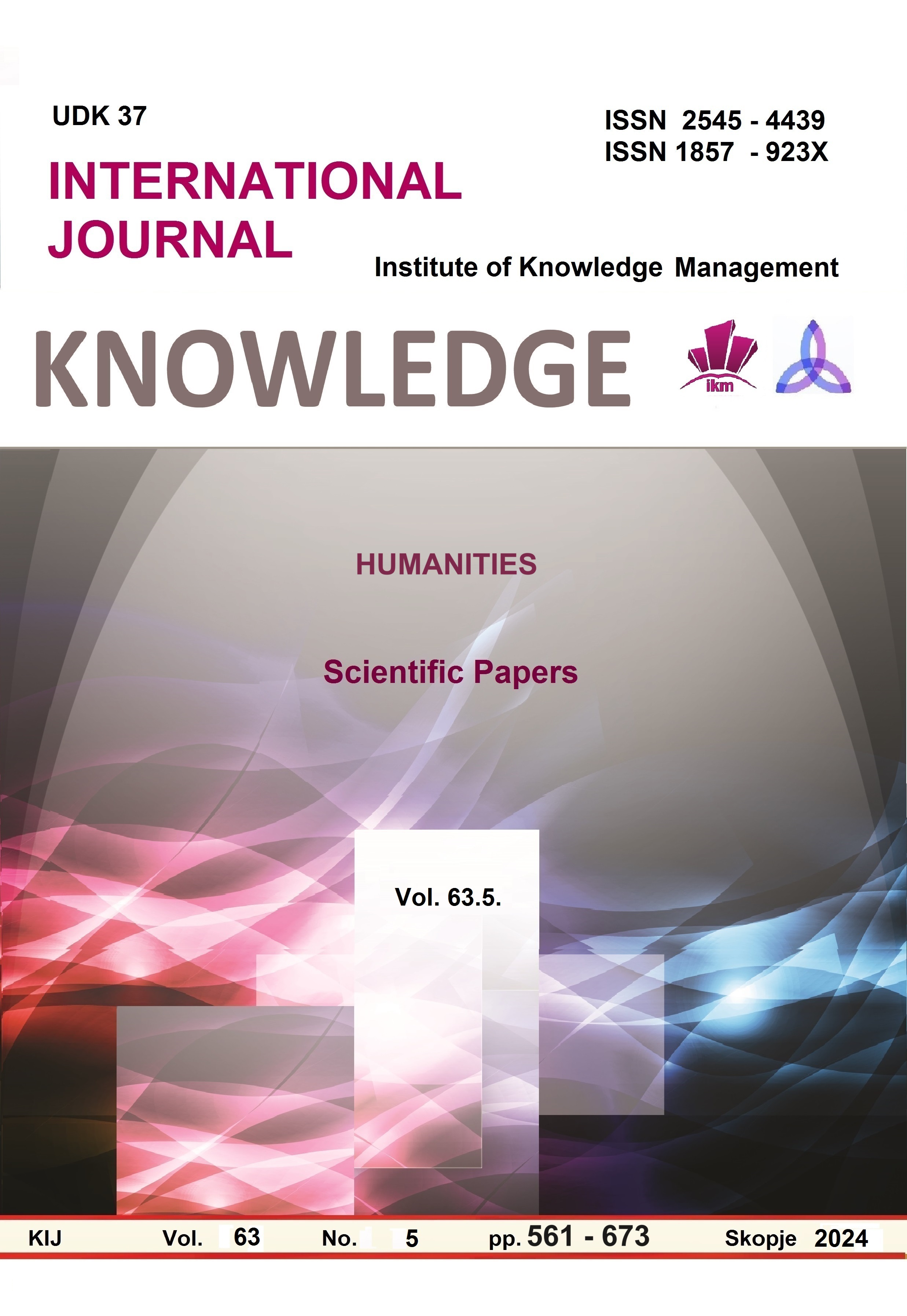КОМПЕТЕНТНОСТТА „РЕШАВАНЕ НА ПРОБЛЕМИ В СЪТРУДНИЧЕСТВО“ – НАУЧНИ АСПЕКТИ
THE COMPETENCE "COOPERATIVE PROBLEM SOLVING" - SCIENTIFIC ASPECTS
Author(s): Ilona SulichkaSubject(s): Social Sciences, Education
Published by: Scientific Institute of Management and Knowledge
Keywords: competence;problem;cooperation;education
Summary/Abstract: The Bulgarian educational space is part of the overall European educational space. That is why all Recommendations from the European Commission on Education reflect upon national standards, programs, and the philosophy of education. In this sense, the introduction of key competencies into educational standards fundamentally changes the aim of traditional education. The shift is from a personality-oriented paradigm to a competency-oriented paradigm in the educational system. Key competencies are perceived as crucial in the reform of Bulgarian education and are related to all stages - knowledge, skills, attitudes, and values. In their hierarchy, they reflect upon the learning process, develop formative assessment, and are directed towards pragmatic knowledge. It is precisely in this aspect that the Programme for International Student Assessment (PISA) seeks the frameworks of formative assessment not only through knowledge but also through practical measurements of attitudes and values. Such a functional accompanying competence is the "Collaborative Problem-Solving" competence. It is precisely this competence that is at the core idea of this article. Its essence is examined, built upon sharing skills, teamwork, and a specially structured educational environment. An analytical reading is made of the articles of several authors who have explored this competence in various aspects - as a process, as a factor, as interaction. Its importance for the effectiveness of the competency-oriented learning process and the creation of a constructive educational environment is outlined. The analytical reading brings out the generalization that the competence of "Collaborative Problem-Solving" can be developed through an integrative learning process, in an interdisciplinary educational environment through project and problem-based learning. Due to its active constructive nature, the "Collaborative Problem-Solving" competence is a research competence because it is applied in significantly many non-standard and unplanned situations. The conclusions to which the analysis directs are that the competence of "Collaborative Problem-Solving" is an integral, research competence that enhances the quality of education and ensures the transfer of knowledge and skills to attitudes and values.
Journal: Knowledge - International Journal
- Issue Year: 63/2024
- Issue No: 5
- Page Range: 663-667
- Page Count: 5
- Language: Bulgarian

